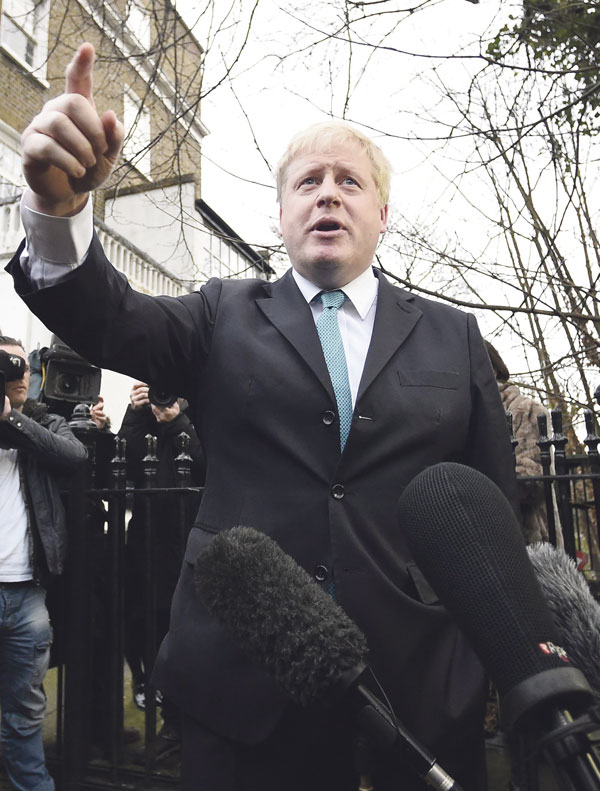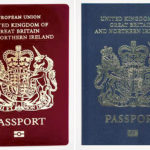WATCHING the news at the weekend I was left somewhat confused and bemused by the array of politicians from the PM downwards who all tried their best to convince the general public that either the PM’s deal with the EU was the greatest thing since sliced bread was invented or that the PM had in fact sold out to his EU counterparts and was now trying to big up what was a very poor deal.
A brief analysis of some of what he said throws up some interesting points which both the in and out camps will seek to get a lot of mileage out of.
The PM said that it was better for Britain to stay in a reformed European Union but most foreign leaders do not consider his reforms have fundamentally changed the EU.
As an example, there are no changes to the rules on free movement and French president Francois Holland said that the UK ‘will not be exempt from the rules of the single market’ and that ‘there is not a planned revision of the treaties and no right of veto with regards to the eurozone’.
On top of that, Germany’s Angela Merkel stated ‘I don’t think we gave the UK too much’.
Those statements alone lead me to believe that Call Me Dave is being very economical with the truth.
The PM said that the UK would be safer inside the EU because it would be able to work with its partners to provide strength in numbers in a dangerous world.
All well and good, but what about the fact that several of the terrorists responsible for the Paris massacre were able to travel freely across Europe’s Schengen zone – where’s the strength in that?
Things then got very interesting when the conversation turned to benefits. The PM said that what had been done so far on restricting child benefit for EU workers whose children live overseas was a big achievement.
His critics pointed out that it falls far short of his election manifesto pledge for an outright ban and that instead, the level of support will be linked to the cost of living in the child’s homeland and that existing claimants will keep their payments in full until 2020.
Things got even more absurd when the PM said that he had achieved a deal on limiting workers’ access to tax credits for four years, but again it was all in the wording. Far from an outright ban on accessing benefits the PM said that limiting access to ‘full’ benefits had been agreed, which in effect means that initially migrants will get nothing but bit by bit over the four-year period they will be paid in full, and as for the so-called emergency brake that will not come into force until mid-2017, any migrant who arrives before this date will be unaffected.
The obfuscation continued with the PM saying that Britain on its own could not arrange free trade deals, yet the EU already has numerous deals in force with countries such as Colombia, Peru, Mexico, South Africa, Chile, Bosnia and Herzegovina and Serbia which do not entail membership of a customs union or limitless immigration.
On the question of sovereignty the PM said it would just be an illusion if Britain left the EU, but Justice Minister Dominic Raab pointed out that with 60 per cent of our laws made in or derived from the EU, Brussels has ‘tested the democratic contract between the people and their lawmakers to breaking point’. He added that Britain has no way of resisting many of the edicts handed down by Brussels but cannot vote the unelected officials responsible out of power. By this he meant that sovereignty has already been given away.
With both sides of the Brexit campaign girding their loins for the battle over the next few months it will be interesting to see how they face up to scrutiny, and even more interesting to see how many of the PM’s allies in Europe will actually stand up and be counted when push comes to shove.
























